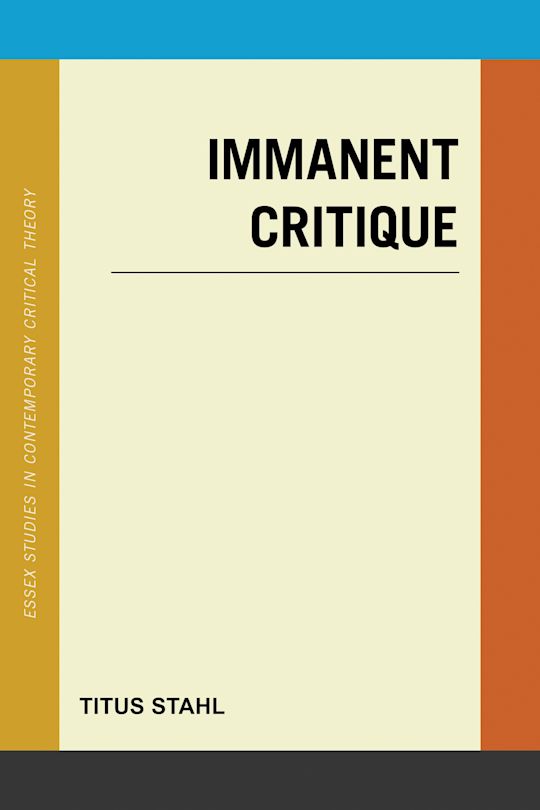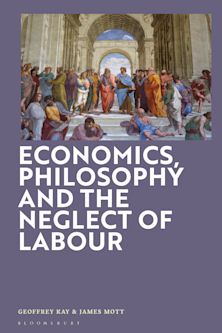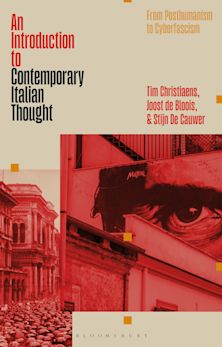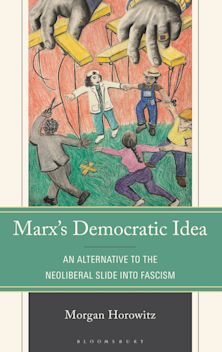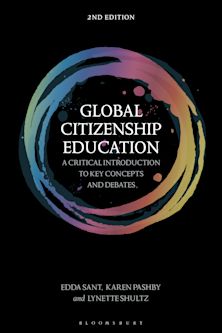Description
When we criticize social institutions and practices, what kinds of reasons can we offer for such criticism? Political philosophers often assume that we must rely on universal moral principles that are not necessarily connected to the particular social practices of our communities. Traditionally, continental critical theory has rejected this claim through its endorsement of the method of immanent critique. Immanent critique is a critique of social practices that draws on norms already present within these practices to demand social change, rather than merely conservatively reproducing them. Titus Stahl defends the claim that such a critique is not only possible, but also has politically powerful potential. Taking up recent developments in analytic enquiry into collective intentionality theory and in the philosophy of language, he argues that all social practices rest on structures of mutual recognition between persons that allow social theorists to reconstruct hidden norms present within these practices. Starting from a comprehensive critique of contemporary critical theory, Immanent Critique also spells out the consequences of this line of thought for the practice of social critique, for the social sciences and for political philosophy.
The translation of this work was funded by Geisteswissenschaften International – Translation Funding for Humanities and Social Sciences from Germany, a joint initiative of the Fritz Thyssen Foundation, the German Federal Foreign Office, the collecting society VG WORT and the Börsenverein des Deutschen Buchhandels (German Publisher & Booksellers Association)
Table of Contents
1.Introduction
2.Social Critique
3.Interpretation and Immanent Critique
4.Immanent Critique and the Critical Theory of Society
5.Collective Intentionality
6.Norms and Social Practices
7.The Immanent Norms of Social Practices
8.The Possibility of Immanent Critique
9.The Critique of Reification
10.Conclusion: Social Conflict and Social Hope
Bibliography
Index
Product details
| Published | Nov 11 2021 |
|---|---|
| Format | Ebook (PDF) |
| Edition | 1st |
| Extent | 356 |
| ISBN | 9798881860622 |
| Imprint | Rowman & Littlefield Publishers |
| Series | Essex Studies in Contemporary Critical Theory |
| Publisher | Bloomsbury Publishing |
Reviews

ONLINE RESOURCES
Bloomsbury Collections
This book is available on Bloomsbury Collections where your library has access.









